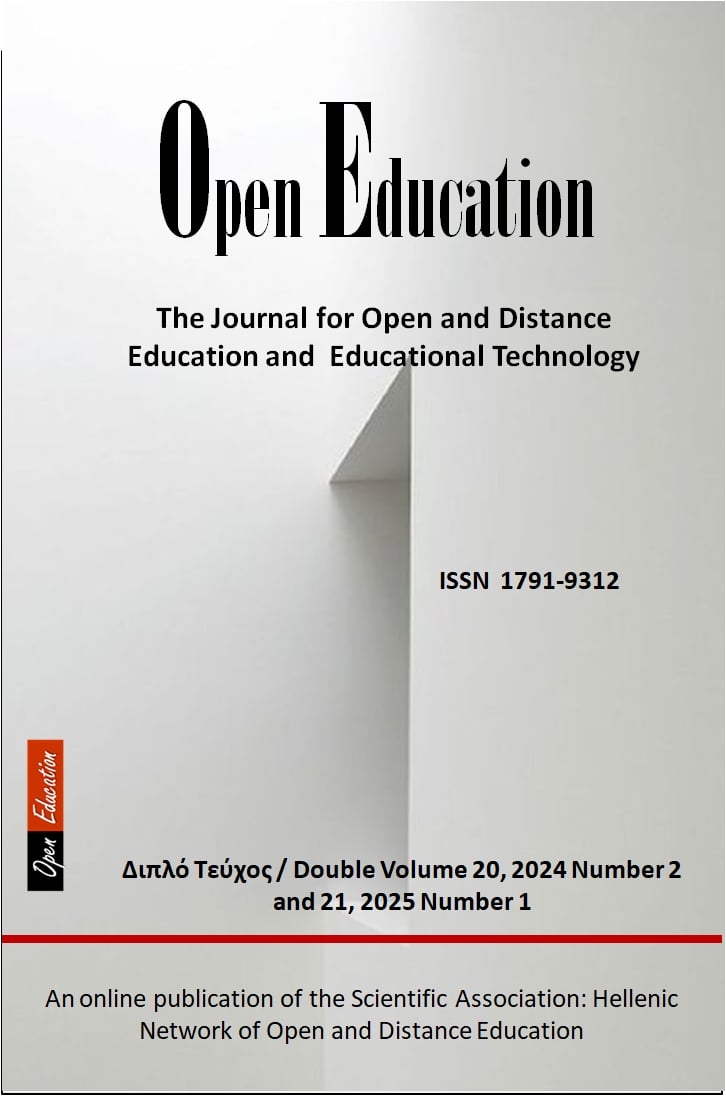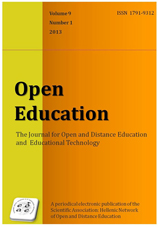ChatGPT in Greek higher education: Exploring views and proposing a teaching scenario

Abstract
The research objective is twofold. Primarily, the implementation of an educational scenario for the familiarization and critical use of an AI tool. Secondly, to explore students' views and attitudes towards ChatGPT. Free association and conceptual map construction techniques were used to capture the participants' attitudes. Thirty-five students participated in the study and research material was collected implementing an educational scenario when the participants logged into the ChatGPT environment. The material was processed using qualitative content analysis and conceptual map observation tools. Some of the most important findings were the lack of Greek students’ previous experience with AI tools, yet their quick familiarisation with the environment. The students identified significant shortcomings in the environment, such as lack of internal coherence and “colourless”, converged discourse. The training scenario allowed them to check the reliability of the generated information and to move from the initial impression of technological “objectivity” to more realistic perceptions of ChatGPT's contributions. Such research is considered particularly useful as AI tools are now easily accessible and used by students during their academic life. Therefore, critical evaluation skills and a holistic understanding of the AI framework are essential for their more effective integration into academic processes and contemporary life in general.
Article Details
- How to Cite
-
Καρακίζα Τ., & Σιδηροπούλου Α. (2025). ChatGPT in Greek higher education: Exploring views and proposing a teaching scenario. Open Education: The Journal for Open and Distance Education and Educational Technology, 21(1), 266–290. https://doi.org/10.12681/jode.39156
- Section
- Articles

This work is licensed under a Creative Commons Attribution-NonCommercial-ShareAlike 4.0 International License.
Copyright Notice
Authors who publish with this journal agree to the following terms:
Authors retain copyright and grant the journal right of first publication with the work simultaneously licensed under a Creative Commons Attribution Non-Commercial License that allows others to share the work with an acknowledgement of the work's authorship and initial publication in this journal.
Authors are able to enter into separate, additional contractual arrangements for the non-exclusive distribution of the journal's published version of the work (e.g. post it to an institutional repository or publish it in a book), with an acknowledgement of its initial publication in this journal.
Authors are permitted and encouraged to post their work online (preferably in institutional repositories or on their website) prior to and during the submission process, as it can lead to productive exchanges, as well as earlier and greater citation of published work.



